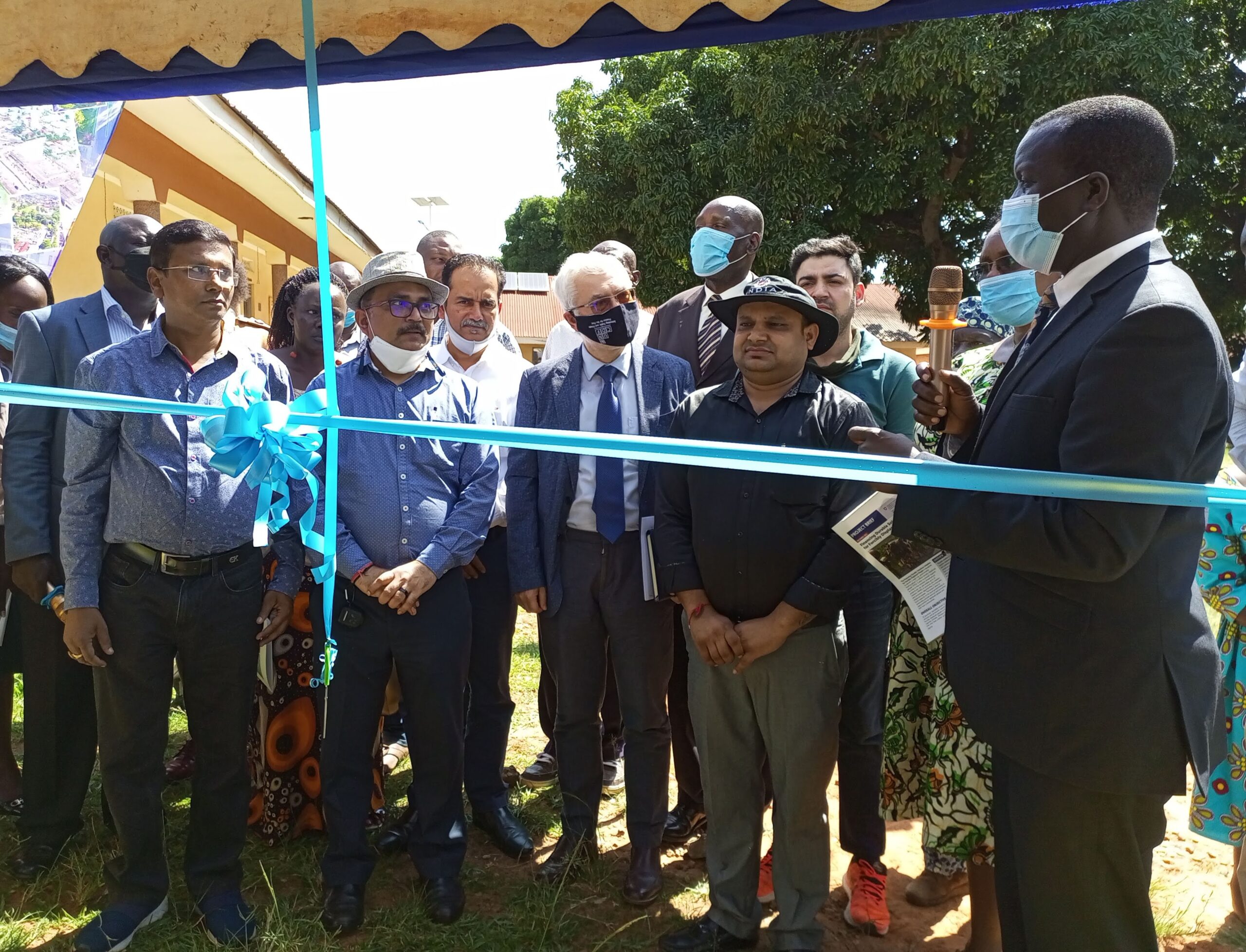Administrators of local governments in Acholi sub-region want Parliament to decentralize approval of locally raised revenue.
This they say will improve the implementation of planned activities.
Currently, all local governments in the country deposit all locally generated revenue to the Bank of Uganda before requesting for it through the Ministry of Finance with the approval of Parliament, and it’s then disbursed to the districts for implementation of government programs.
Thomson Obong, the Chief Administrative Officer [CAO] Amuru district says, currently, several planned district activities are stalling because they haven’t received funds under local revenue from the Ministry of Finance.
In this financial year ending June 2022, Amuru district council approved local revenue of Shs.240 million but collected more than Shs.1 billion with the balance deposited in the consolidated fund with Bank of Uganda.
In November 2021, the district council passed a supplementary budget of Shs.800 million which was sent to the Ministry of Finance but still awaiting parliament’s approval, says Obong.
However, the Speaker of Parliament Hon. Jacob Oulanyah sent the house on recess for the Christmas break.
Obong further said, as a result, some of the activities that were planned have been affected and they include but are not limited to; payment of committee allowances of councilors, monitoring, procurement of fuel among others.
If local governments are to improve on their service delivery, it’s important that the government and parliament consider decentralizing approval of local revenues to local councils with strict monitoring from the central government, says Obong.
“Just imagine how we are going to operate without funds for our various activities because we were told to wait for parliament’s approval of funds; parliament has gone on recess and will return for operations in January next year,” says Obong.
“I feel it would be prudent that approval of local revenues is decentralized, and we present accountability to Parliament and government because otherwise, we will continue to perform poorly in terms of service delivery to the communities we are serving” Obong adds
Moses Otimong, the acting Town Clerk, Gulu City in a recent interview also proposed that parliament should consider decentralizing approval of local revenues.
Otimong says, currently the city seeks approval of more than Shs.1.2 billion supplementary budgets to fund their activities in the city.
Otimong says the continuous system of operation has continued to hurt the local governments and, in the end, cheat the community members who should be benefiting from the revenues they collect.
Michael Lakony, the Amuru district LCV Chairperson says, this has portrayed local government leaders as people who are poor performers which manifests in high turnover in election losses, especially by the LCV Chairpersons.
Among more than the 120 LCV Chairpersons who contested in this year’s elections, only about 20 retained their positions.
According to Lakony, Parliament needs to repeal the act in the Public Finance Management Act which bars local governments from budgeting and approval of local revenues.
“Many people perceive the political leaders in the local government as corrupt, and poor service providers and yet, in reality, there’s no actual cash at their disposal to run their respective local governments” Lakony notes
“The problem I foresee in our struggle is that most MPs look at local government leaders as their competitors which makes it very tricky for them to allow funds for full operations” Lakony adds
Emmanuel Orach, the LCV Chairperson Nwoya district says, the delays to release funds from the central government are manifested in poor road conditions, lack of monitoring especially for the Councilors and the Office of the LCV Chairpersons.
“The community members do not want to know whether there’s a delay in the release of funds from the central government; what they want to see is bad roads being rehabilitated, their leaders monitoring government programs. This is a huge dilemma for us as local government leaders. Government has to review this practice so that general service delivery is improved to the communities that we serve ” Orach notes.
